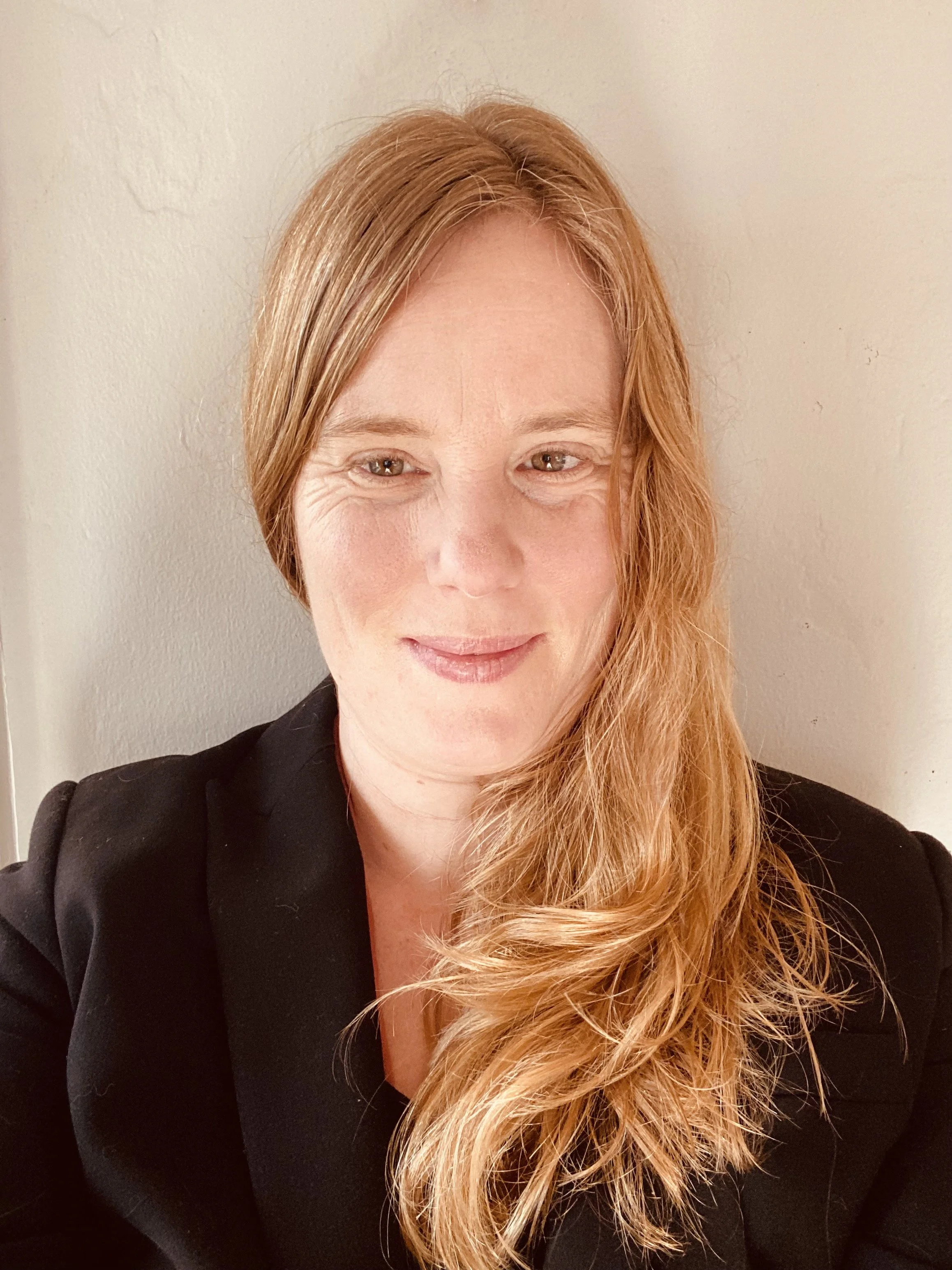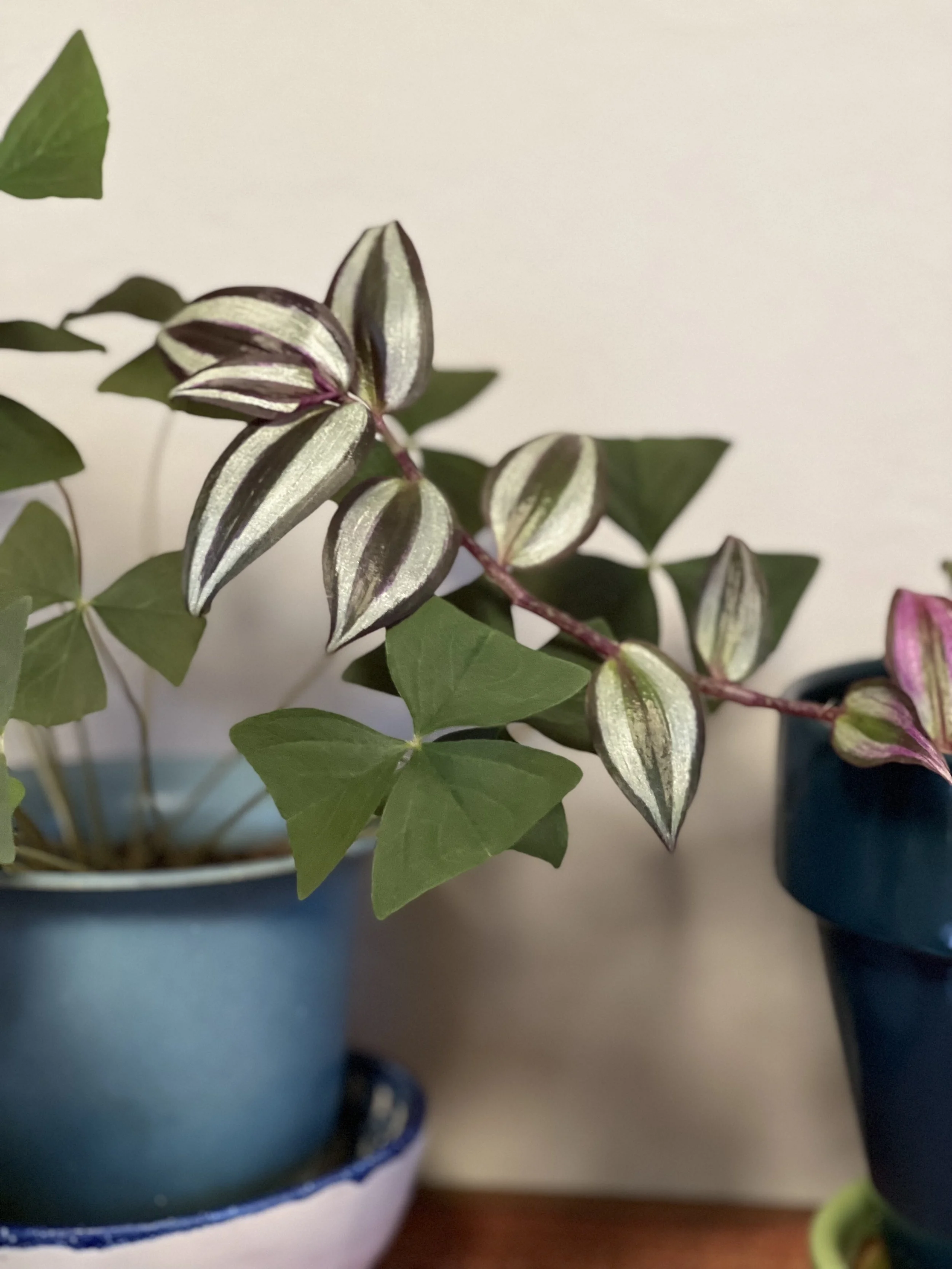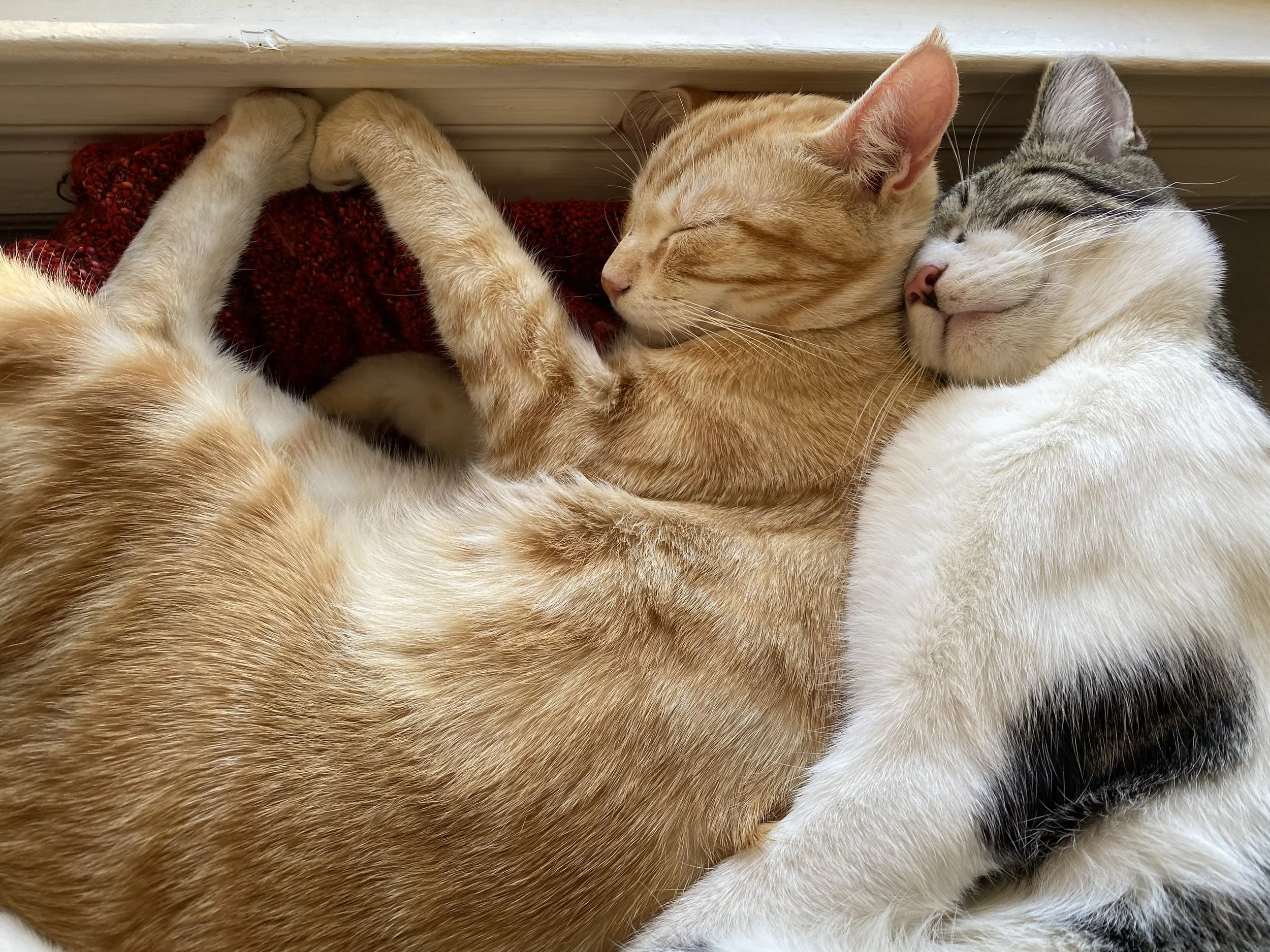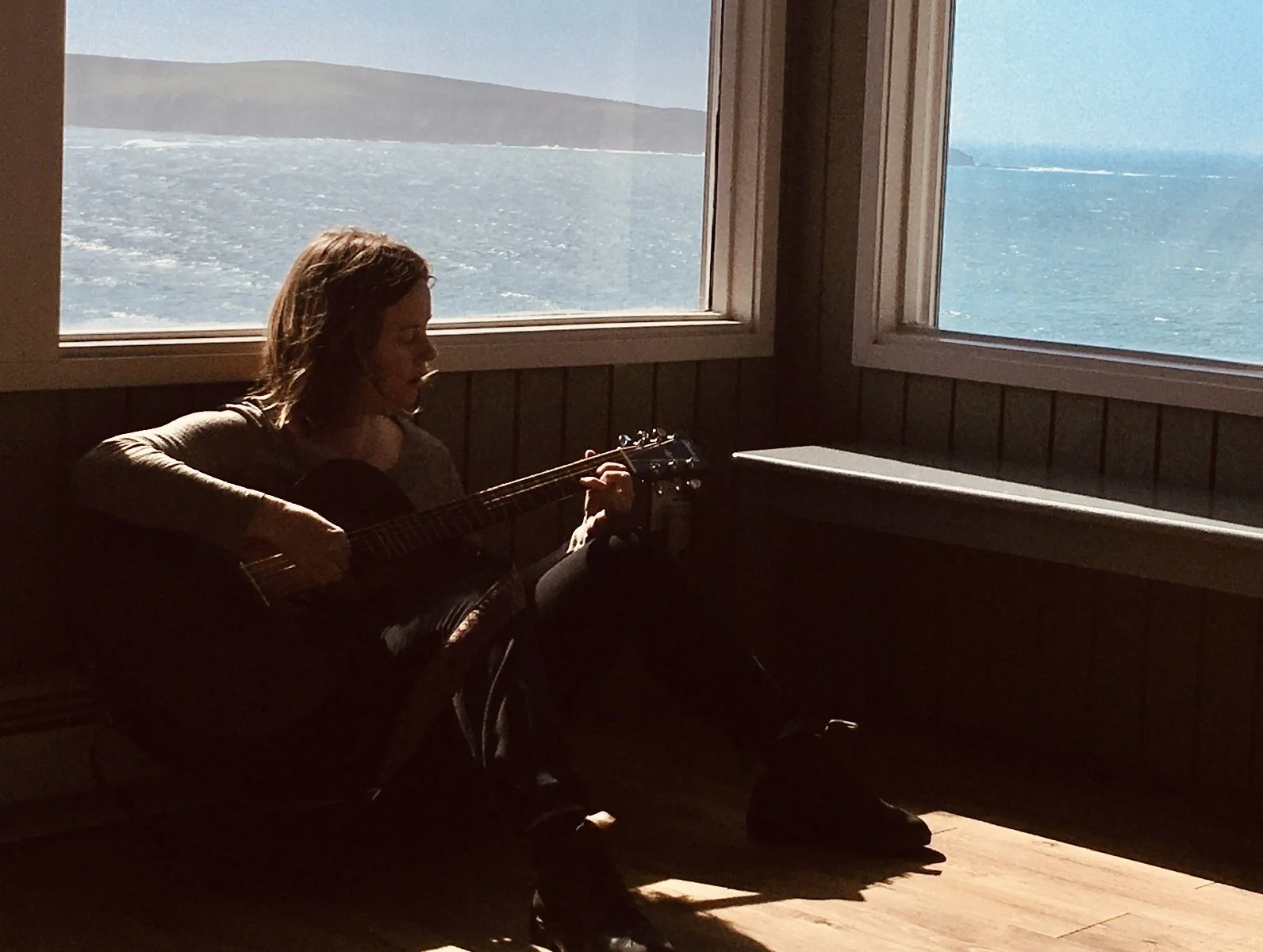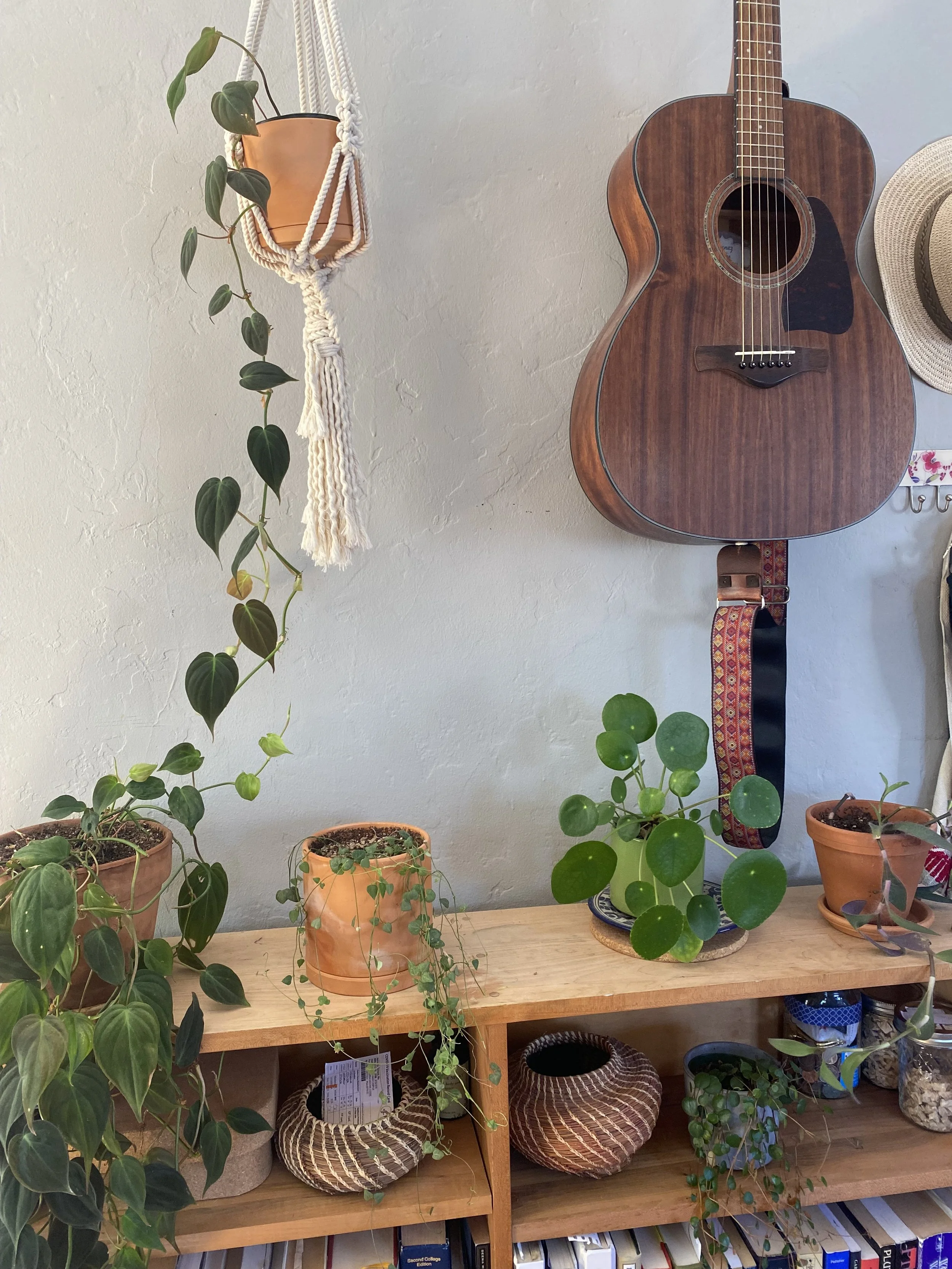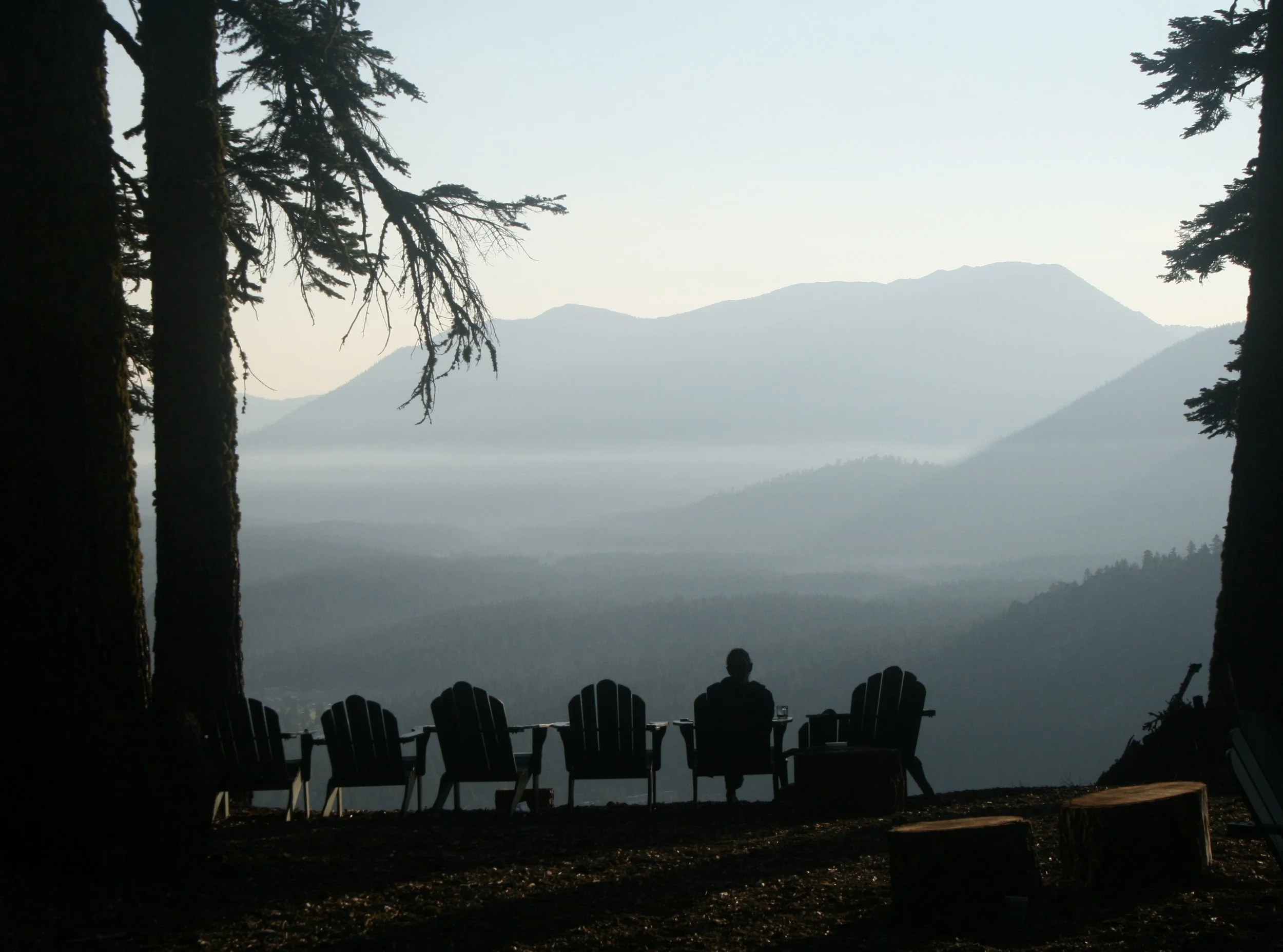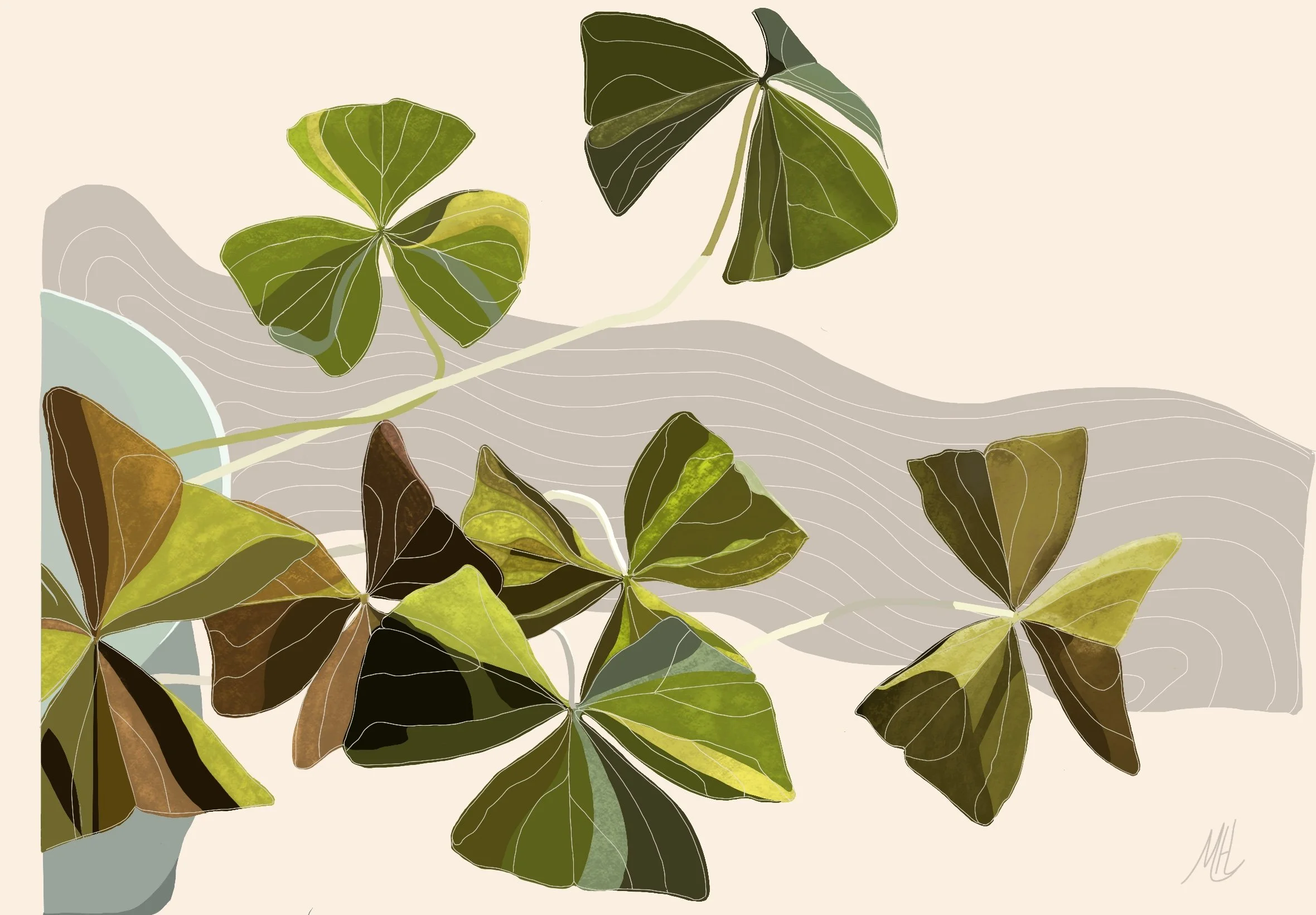
Meet Mia
I am driven by a profound sense that individual care and community care are interwoven, and that healing is a process of mourning and meaning-making.
Becoming
Before I became a therapist, I meandered through different passions: political activism, cultural anthropology, public health research, and studying herbal medicine as part of my own healing work.
I actually never really believed in therapy. I thought (and still mostly do) that the majority of mental health problems arise from living in this world - rife with inequality, isolation, community trauma, and chronic stress.
When I look back on my path now, I laugh at the recognition that despite my cynicism about therapy - I kind of always was a therapist. I was that friend, family member, and colleague that people came to for support. Connecting with others on an emotional level, and wading into the difficult parts of life has always been what makes me feel alive and present.
I began to find my professional home when I started volunteering as a community grief support facilitator at an organization serving children and families. This work fed my soul, and I wanted to learn more. So I returned to school to study social work - a clear choice for me as it centers the socio-political environments of one’s life as integral to all psychological expression.

At the foundation of my therapeutic approach is the person-in-environment ethos of social work and the art of ethnography. I, therefore, pay close attention to the social and cultural ecosystems of one’s life, and to the stories that shape one’s identity formation.
Being
I grew up in Berkeley, California, and I live there now - with my two cats and my dear son.
I spend a lot of my time reading about healing - stories about struggle and redemption, biographies of scientists who intrigue me, theories of epigenetics and the neuroscience of emotions, self-help books, and sociopolitical analyses addressing the rise of depression, anxiety, and attention problems in our society. I am also interested in non-western perspectives on healing - plant medicine, buddhist psychological perspectives, Jungian psychology, and even astrology. For reviews of some of my favorite books, look here. ADD LINK
I also love to draw, take pictures of my cats sleeping, tend to my houseplants and garden, play the guitar, and spend time outdoors with my kiddo.
Adding in photographs that could work on this page.
Adding in photographs that could work on this page.

“To live in this world
you must be able
to do three things:
to love what is mortal;
to hold it
against your bones knowing
your own life depends on it;
and, when the time comes to let it go,
to let it go.”
- Mary Oliver In Black Waterwoods

“I believe that change flows easiest from self-acceptance, and that self-acceptance is nurtured through the telling, the listening, and the embodied expressions of our lives.”

Through the formation of a safe, authentic, and reflective therapeutic relationship, I support clients in feeling and releasing pains from the past, developing a sense of presence to what is and what they dream can be…
…and moving towards trust in their own inner knowing. This can be a deeply personal process and a collective and collaborative one.

At the foundation of my therapeutic approach is the person-in-environment ethos of social work and the art of ethnography - before I was a therapist, I was a social-science researcher with a background in cultural anthropology. I, therefore, pay close attention to the social and cultural ecosystems of one’s life, and to the stories that shape one’s identity formation.
The therapeutic modalities I have found most effective to this endeavor, and have therefore prioritized, are cognitive-behavioral, mindfulness-based, narrative, existential, and relational psychodynamic modalities. My work is trauma-informed, culturally responsive, and shows a commitment to exploration and innovation - one where I strive to continue to learn with and alongside the clients in my care.
Education & Training
MSW - Social Work
University of California, Berkeley
California License No. 88486
Fellowship
Department of Psychiatry, Kaiser Richmond
Internship
The Psychotherapy Institute, Berkeley
Final Curve
When you turn the corner
And you run into yourself
Then you know that you have turned
All the corners that are left.
– Langston Hughes

